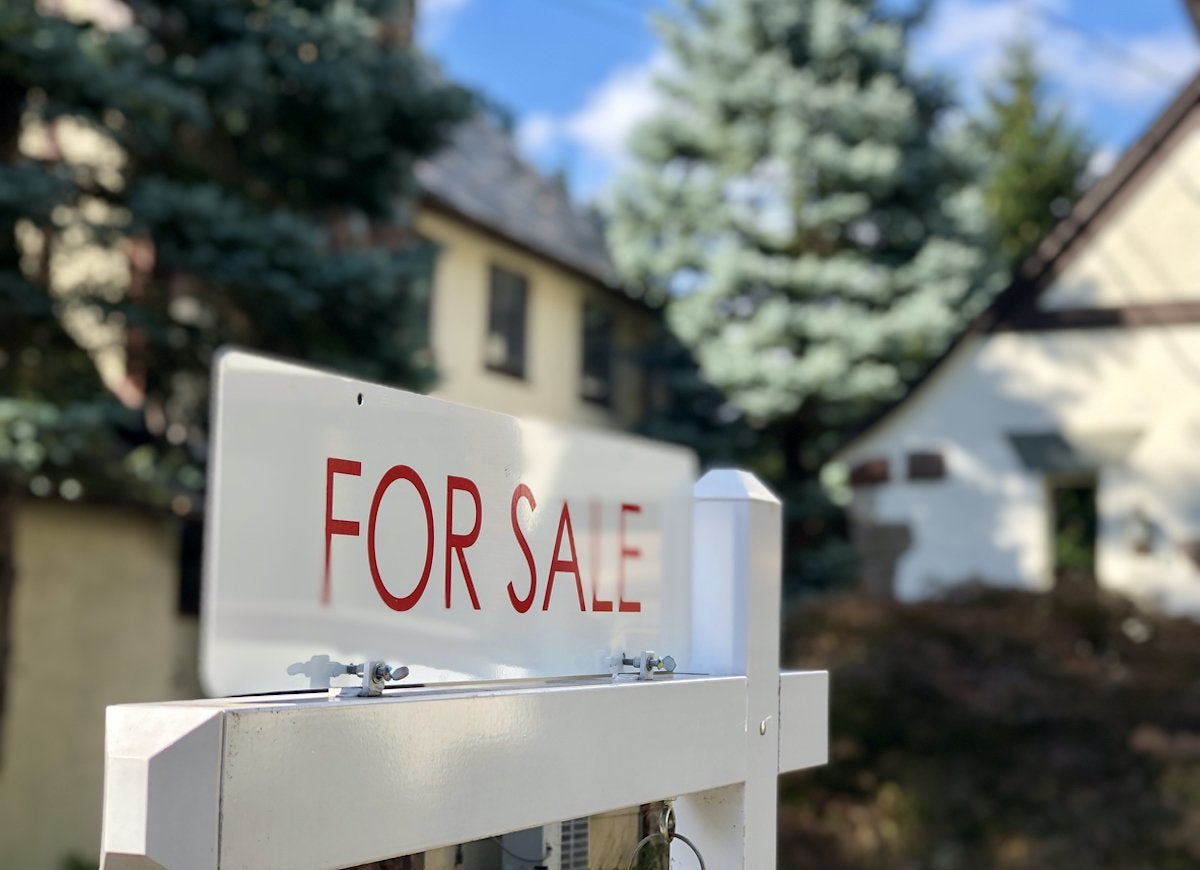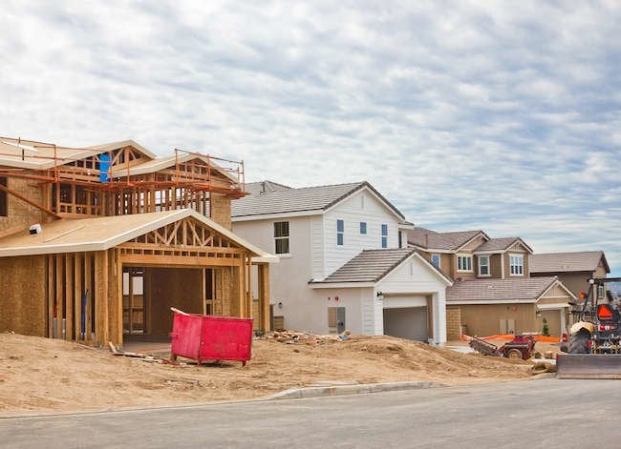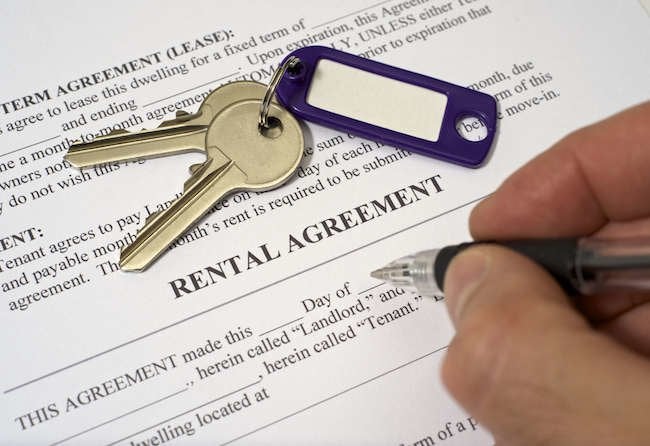We may earn revenue from the products available on this page and participate in affiliate programs. Learn More ›
Reasons to Reconsider

There are instances when it’s necessary to walk away from a real estate deal, and when that time comes, don’t be seduced by the perfect paint color or a spacious walk-in closet—just let go. Some things aren’t worth the time or money to fix. Here are nine potential deal breakers to be aware of before you sign on the dotted line.
The appraisal comes in too low.

When the appraisal comes in low, the mortgage lender won’t back the full loan amount. If the seller isn’t willing to lower the sale price to meet the appraised value, and if you can’t (or don’t want to) come up with the difference, it’s time to walk away from the deal.
You discover hidden surprises during the inspection.

If the inspection uncovers previously unknown major issues like a cracked foundation or faulty wiring, it may be time to give up on the deal. Such significant repairs can be costly and disruptive, and they may not be worth the headache. Make sure to read the contract carefully before you jump ship, but after a bad inspection you can typically back out with no consequences.
The real estate agent pressures you into making an offer.

No one likes a pushy real estate agent. If an agent is pressuring you into making an offer before you’re ready, consider letting the house go and finding a new agent.
You can’t afford the monthly payments.

If an interest rate increase or a change in your financial status means that you can no longer comfortably afford your anticipated monthly payments, it’s not in your best interest to proceed with the deal. It’s OK to find another house that fits better within your new budget.
The listing was misleading.

When a real estate listing has missing or incorrect information—for instance, if it counts any space with a door, window, and closet as a bedroom—you should walk away from the deal. There may be other things the sellers haven’t disclosed that could cause you trouble in the future.
You learn that work was done without obtaining the necessary permits.

If you discover the seller has made structural changes to the house, such as building a deck or adding a bedroom, without obtaining the required permits, you may want to rethink your purchase. By moving forward with the deal, you could end up responsible for obtaining the necessary permits and paying any fines.
Your current house is still on the market.

If you’re having trouble selling your existing home, you may want to delay the purchase of a new one. Not everyone’s budget can stretch to paying two mortgages at the same time.
Something in your life changes.

Maybe you lost your job, perhaps your marriage is on the rocks, or you may need to move across the country. Whatever the situation, when something significant in your life changes, it may be a good idea to back out of a real estate deal. Just be sure you have the right contingencies in your contract to account for the unexpected.
You change your mind.

It happens. Sometimes you simply change your mind. Just be aware that you may lose your deposit. Read the paperwork carefully to understand what you are liable for.
















